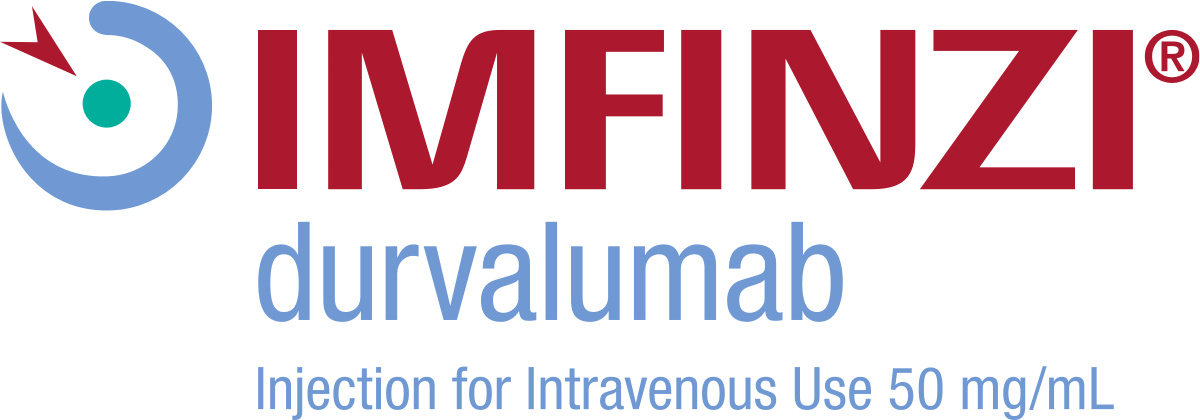
For adults with extensive-stage small cell lung cancer (ES-SCLC) in combination with chemotherapy. See FULL INDICATION »
I’M IN for first things first
CAREGIVER SUPPORT
CARING FOR SOMEONE WITH extensive-stage small cell lung cancer (ES-SCLC) IS A BIG JOB. LEARN HOW TO MAKE IT MORE MANAGEABLE
As a caregiver, you can help give your loved one the support they need. Read about how to provide practical help and emotional support throughout treatment.
PROVIDE SUPPORT FOR NEEDS BOTH BIG AND SMALL, SUCH AS:

Scheduling appointments

Coordinating activities, such as game night and outings

Helping with chores or running errands

Meeting the healthcare team and understanding each person’s role

Preparing them for infusion days
TIPS FOR GOOD COMMUNICATION WITH YOUR LOVED ONE
Communicating with your loved one is one of the most important things you can do. To help you start a healthy and honest conversation with the person you care for, try these helpful tips:

Be a supportive listener—Let your loved one open up, and listen to what he or she has to say before trying to fix things. This can give you a clearer picture of what’s really going on.

Help them have the tough conversations—Let your loved one know that it’s OK to bring up topics that are personal. The more their doctor knows, the more they can help.

Share feelings in an honest way—Be open and honest with your loved one. Encourage them to express their real feelings about their condition and treatment.
ALWAYS REMEMBER TO TAKE CARE OF YOURSELF
Sometimes, it’s easy to forget how important it is to take care of yourself. Here are some tips to help you practice self-care:

Be mindful of stress and ways to reduce it—Take a walk outdoors, pet an animal, or listen to a favorite song that brings up happy memories.

Take a break—Try using mind-clearing techniques like meditation, yoga, tai chi, or prayer to reduce your mental burden.

Nurture yourself—Try getting a good night’s sleep or taking a warm bath at night to help reduce tension.
For more tips on finding happiness in your everyday life, visit www.psychologytoday.com.
CONNECT AND LEARN MORE

American Cancer Society Find out what to expect if you become a caregiver for a person with cancer, and get tips for making sure that you take care of yourself as well. Learn more at www.cancer.org 800-227-2345

National Cancer Institute If you’re helping your family member or friend through cancer treatment, you are a caregiver who may be providing emotional and spiritual support. Learn more at www.cancer.gov 800-422-6237
THE CAREGIVER GUIDE
Learn how you can help provide care to your loved one with SCLC.

Find out what financial support is available to you and the person you care for





